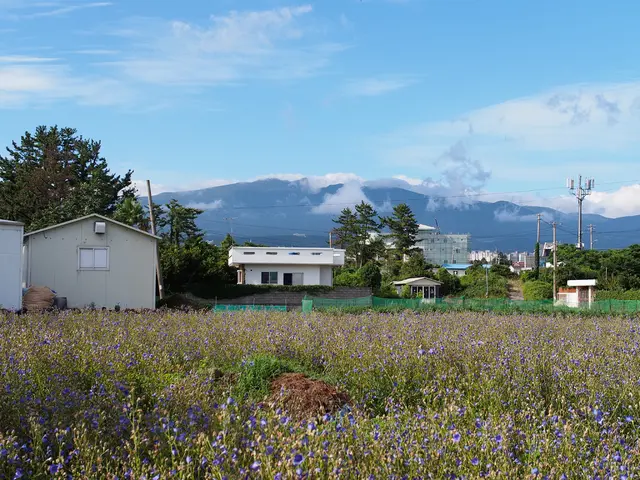Discussion: The United Nations Highlights the Detrimental Impact of Aid Reductions on Females
The suspension of US aid has left a significant impact, affecting over $40 million of UN Women's own funding. This funding shortfall could have far-reaching consequences, particularly for the most marginalised and vulnerable people on earth.
Women's organisations, which are frontline responders in humanitarian crises, play a vital role in each aspect of the response. They offer essential services such as healthcare, education, water, food, and shelter. If these organisations were to close, access to these services would be diminished, leaving women without access to health services and children out of school.
The UN Women-related reporting highlights a severe undermining of humanitarian aid and support for women-led and women's rights organisations. These cuts have led to clinics and shelters closing, forced humanitarian groups to do more with less, and diminished the UN's capacity to support survivors globally, especially in conflict zones.
One of the most concerning impacts is the lack of lifesaving assistance for victims of sexual violence in conflict. With clinics turning away rape survivors due to lack of basic care, these victims are left without the support they desperately need.
Women’s frontline organisations are moving from being underfunded to completely unfunded, drastically reducing services that are critical in protecting and supporting women and girls affected by conflict and displacement. In Afghanistan, cuts in international funding combined with Taliban repression have devastated women-led NGOs and humanitarian efforts, worsening the humanitarian crisis and leaving women and girls with severely restricted rights and access to services.
The humanitarian system heavily relies on local organisations in the long run, but their hardships are significant. Many local organisations are currently adapting to new ways of sustaining themselves, but the future of these organisations is uncertain. The suspension of US aid has affected 90% of the 411 global women organisations surveyed by UN Women, risking their closure within six months.
The UN Women report found that almost half of women-led and women's rights organisations risk closing down within six months due to aid cuts. In Ukraine, over 70% of women's organisations report major disruptions and have already suspended shelters, legal aid, and trauma support for survivors. Women organisations in Sudan, Afghanistan, and Ukraine have already been significantly affected by conflicts and violence, with disruptions and closures of health facilities, shelters, legal aid, and trauma support for survivors.
The resilience among local organisations is remarkable, as they are adapting and seeking new funding sources to sustain themselves. However, the negative trends in the persistence and weaponization of sexual violence in conflict and detention settings, the sharp rollback of women’s sexual and reproductive health rights globally, and the deterioration of women’s and girls’ rights and lives in Taliban-controlled Afghanistan compound the challenges these organisations face.
In summary, funding cuts have not only reduced the operational capacity of women-led and women's rights organisations but have also placed millions of vulnerable women and girls at heightened risk by removing essential life-saving services and protections at a time when needs are escalating sharply. International assistance is expected to increasingly rely on local organisations and community-led responses, but the future of these organisations remains uncertain.







